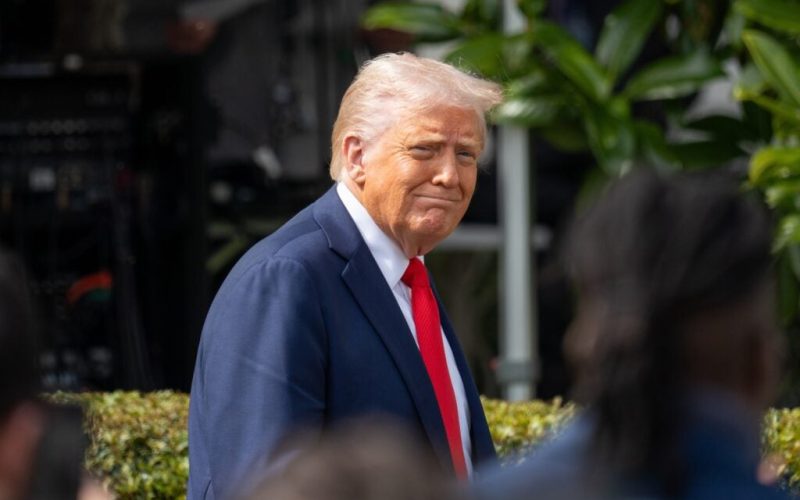As of 2025, understanding the tax implications of trading cryptocurrencies in India is essential for both seasoned investors and newcomers. The Indian government has designated cryptocurrencies as virtual digital assets (VDAs) under the Income Tax Act, 1961, particularly for the financial year 2024-2025. According to Section 2(47A), any token, code, number, or piece of information created through cryptography qualifies as a VDA, with fiat currencies like Indian rupees excluded from this classification.
Cryptocurrencies like Bitcoin (BTC) and Ether (ETH), as well as non-fungible tokens (NFTs), fall under this category. While the buying, selling, and holding of VDAs are legal in India, they are not recognized as valid payment methods. This legal ambiguity means that while trading is permitted, it is subject to stringent oversight for taxation and anti-money laundering (AML) compliance.
Several regulatory bodies are involved in overseeing the crypto landscape in India. The Income Tax Department enforces tax compliance under the guidance of the Central Board of Direct Taxes (CBDT). The Financial Intelligence Unit (FIU-IND) monitors platforms for AML standards, while the Reserve Bank of India (RBI) and the Securities and Exchange Board of India (SEBI) shape broader regulatory policies. Together, these agencies create a framework for crypto taxation.
The Income Tax (No. 2) Bill, 2025 received presidential assent on August 22, 2025, replacing previous tax guidelines. This legislation establishes a flat 30% tax on gains from the transfer of VDAs, along with a 1% tax deducted at source (TDS) applicable to all transfers, regardless of profit. Any activity that generates income or measurable benefits in fiat currency is classified as a taxable event. Key taxable events include:

- Sale of cryptocurrencies
- Exchange of one cryptocurrency for another
- Use of cryptocurrency for goods or services
Conversely, holding digital assets without selling them or transferring crypto between personal wallets is not taxable, as these actions do not produce income or gains. Notably, Indian law does not provide tax relief for losses incurred due to theft or hacks, which emphasizes the importance of compliance. Failure to adhere to tax regulations can lead to penalties, interest, and prosecution for willful evasion.
Income from cryptocurrencies is categorized as either business income or capital gains. For frequent traders, earnings are taxed as business income, while individual investors typically face capital gains tax. Both short-term and long-term capital gains on VDAs are taxed at a flat 30% rate under Section 115BBH, with no deductions allowed except for the cost of acquisition.
To ensure transparency, the 1% TDS under Section 194S applies to most VDA transactions, improving compliance and monitoring within the growing crypto market. It is crucial for traders, even those using foreign exchanges, to declare their profits in their Indian income tax returns (ITRs), which may also trigger scrutiny under the Foreign Exchange Management Act (FEMA).
Calculating crypto taxes requires determining the cost basis, which includes the purchase price and any transaction fees. Traders can adopt methods such as first-in-first-out (FIFO) or last-in-first-out (LIFO) for accurate record-keeping. All crypto transactions must be reported, even losses, under the VDAs category in the ITR forms, with a new Schedule VDA mandated for reporting each transaction separately from FY 2025-26.
For individuals not subject to an audit, the deadline for filing income tax returns in 2025 is July 31, 2025, while businesses requiring an audit must file by October 31, 2025. Non-compliance can result in penalties, emphasizing the need for timely and accurate reporting.
In conclusion, taxation on cryptocurrencies in India remains a complex issue, with evolving regulations and the necessity for clarity in compliance. As the crypto landscape continues to develop, staying informed and compliant will be crucial for all traders.
For more information, visit Cointelegraph.








